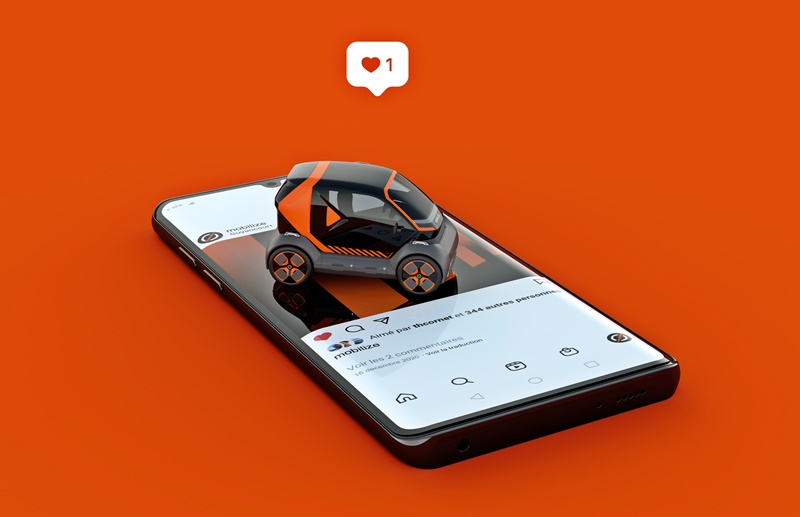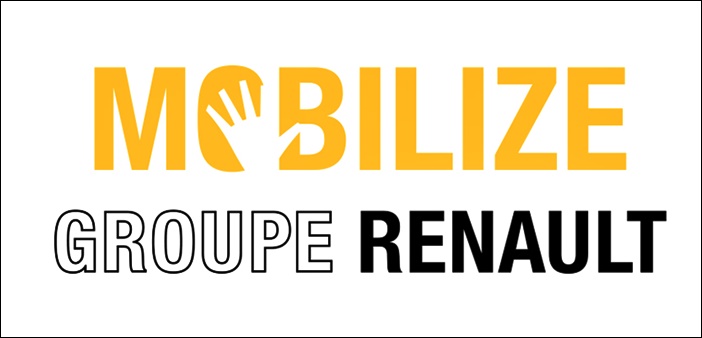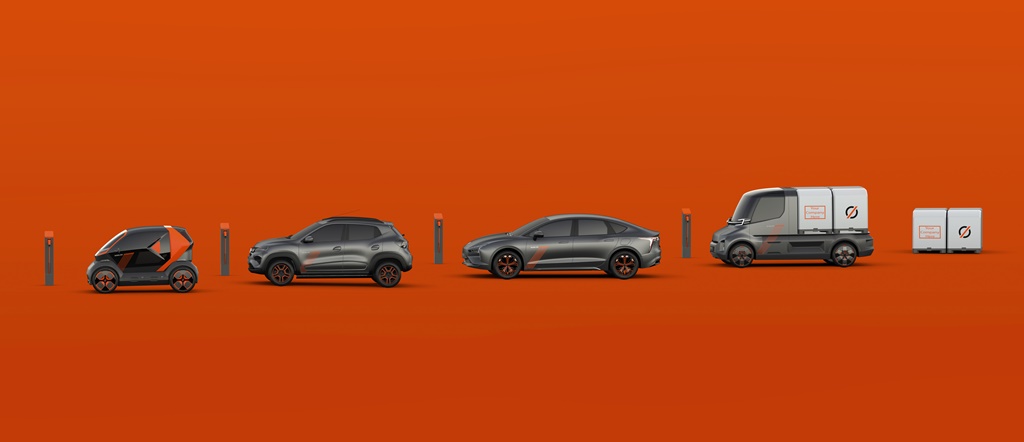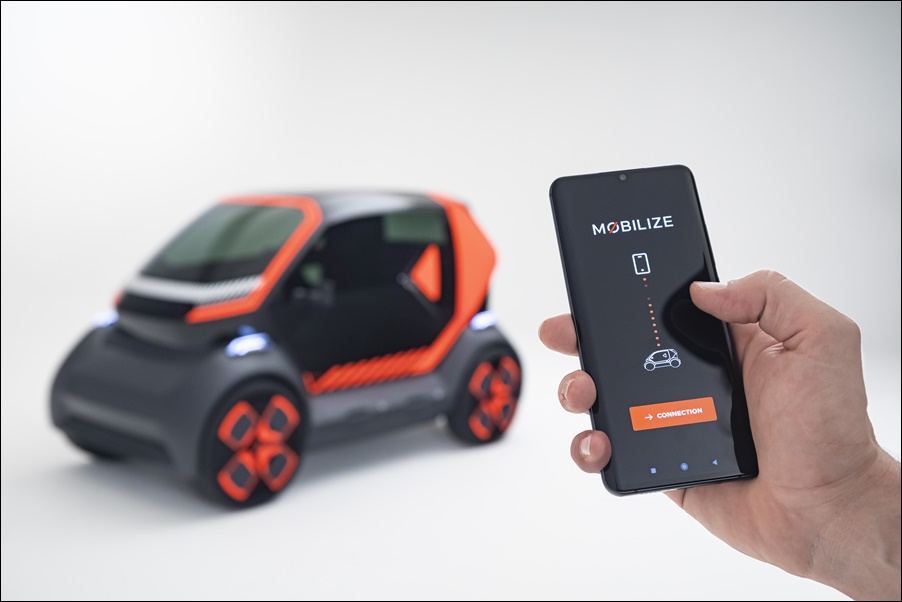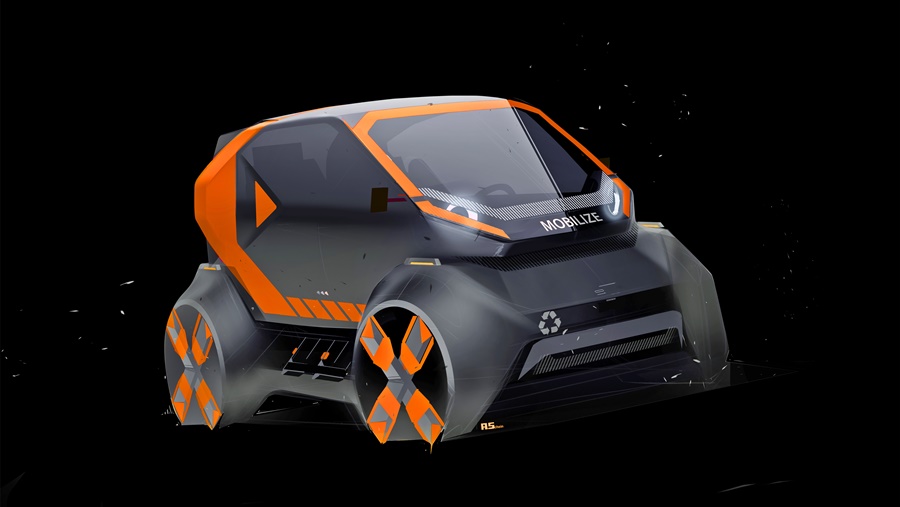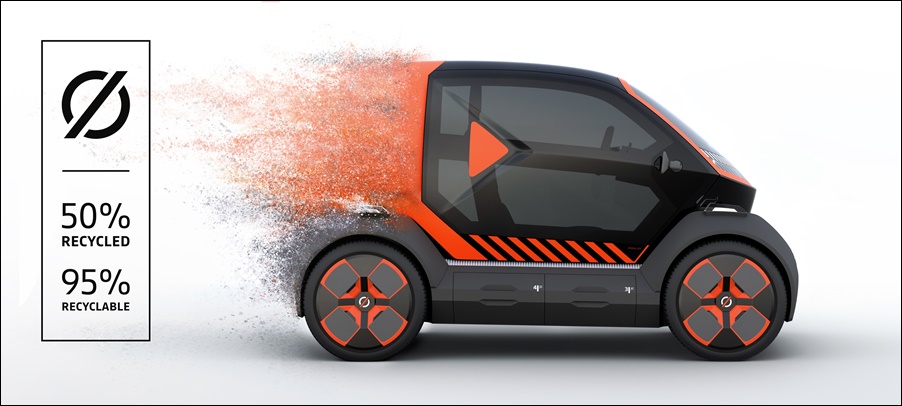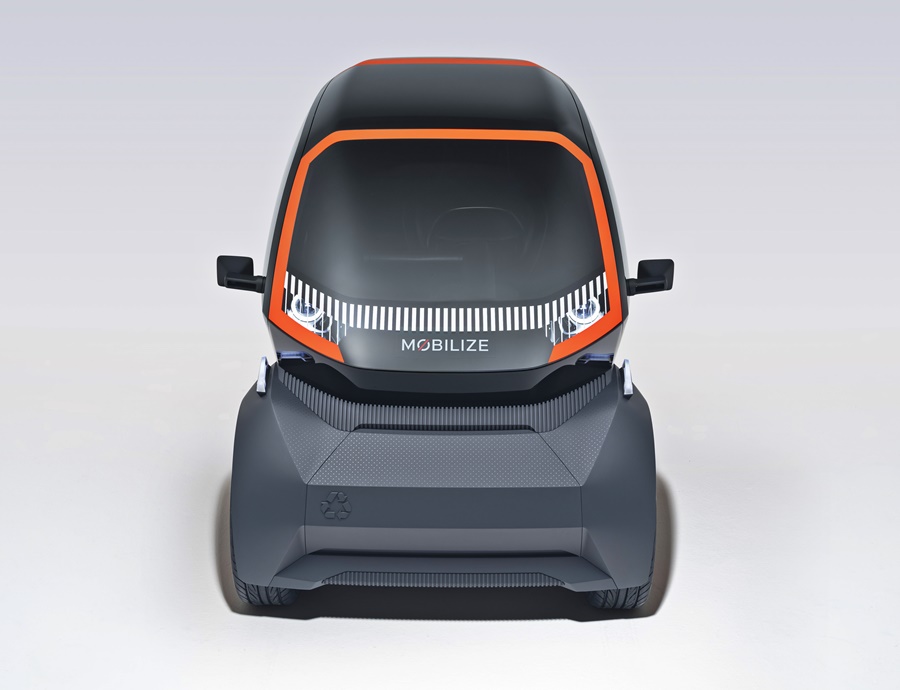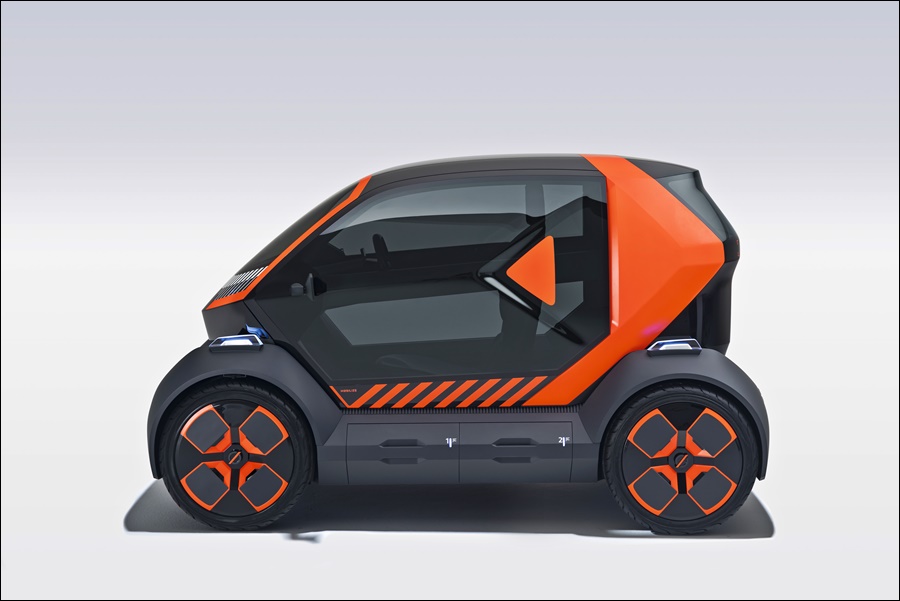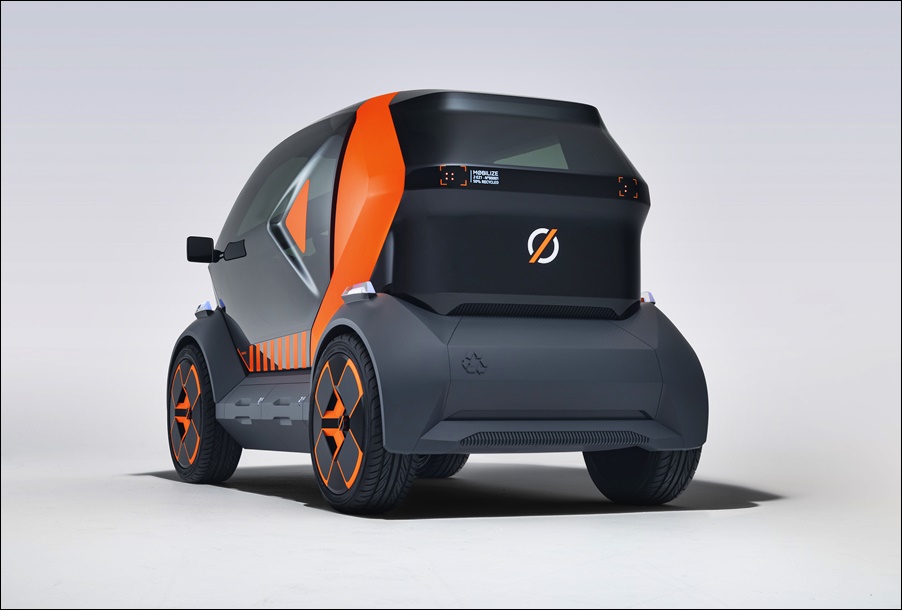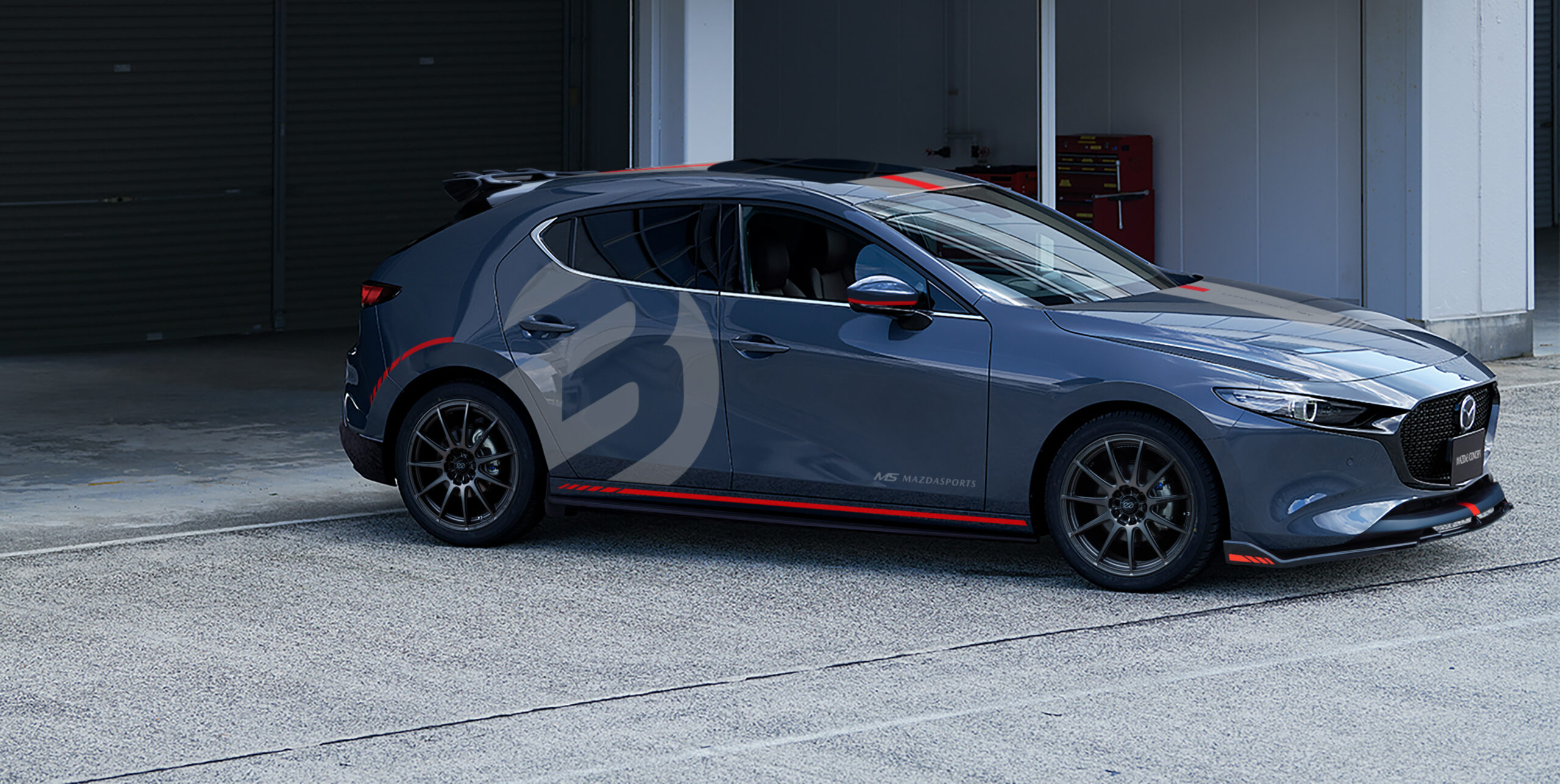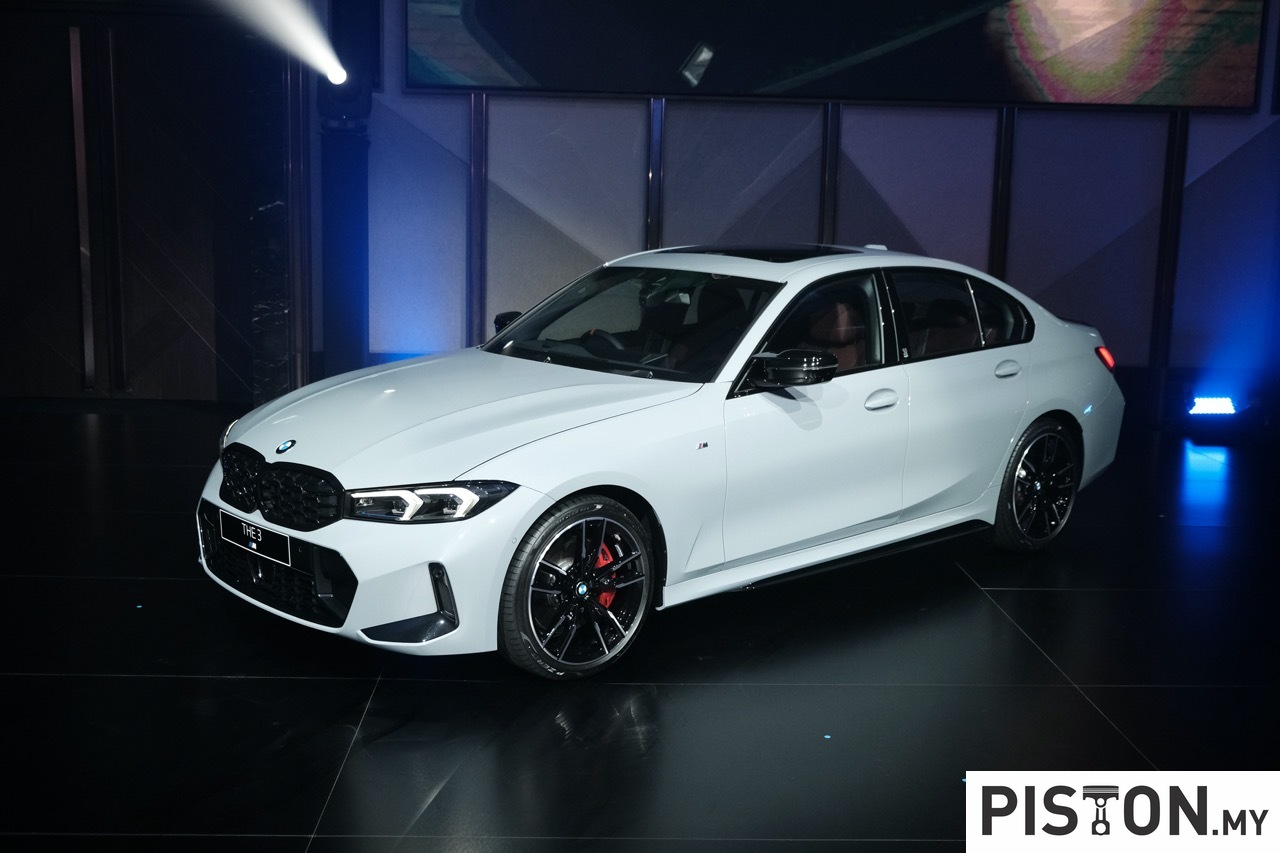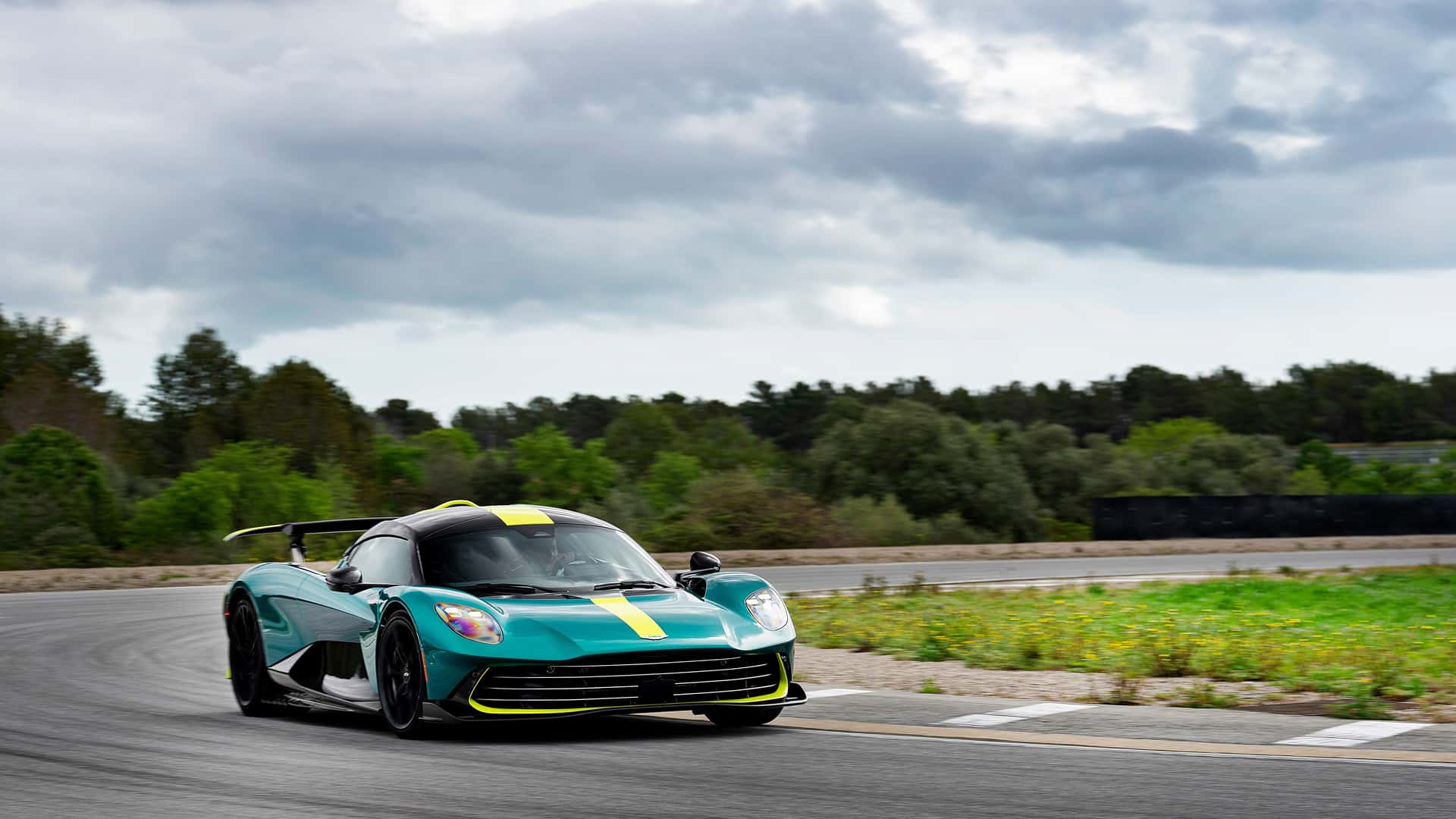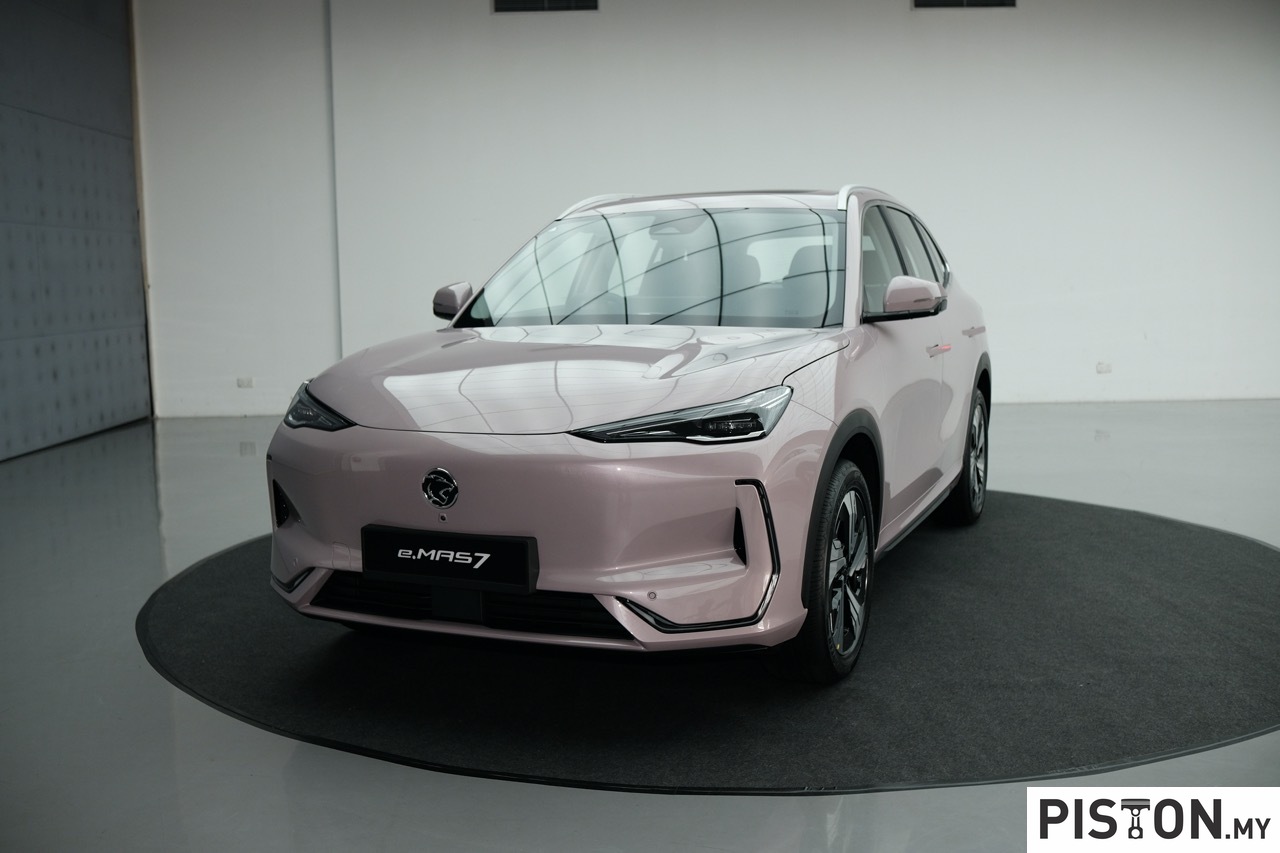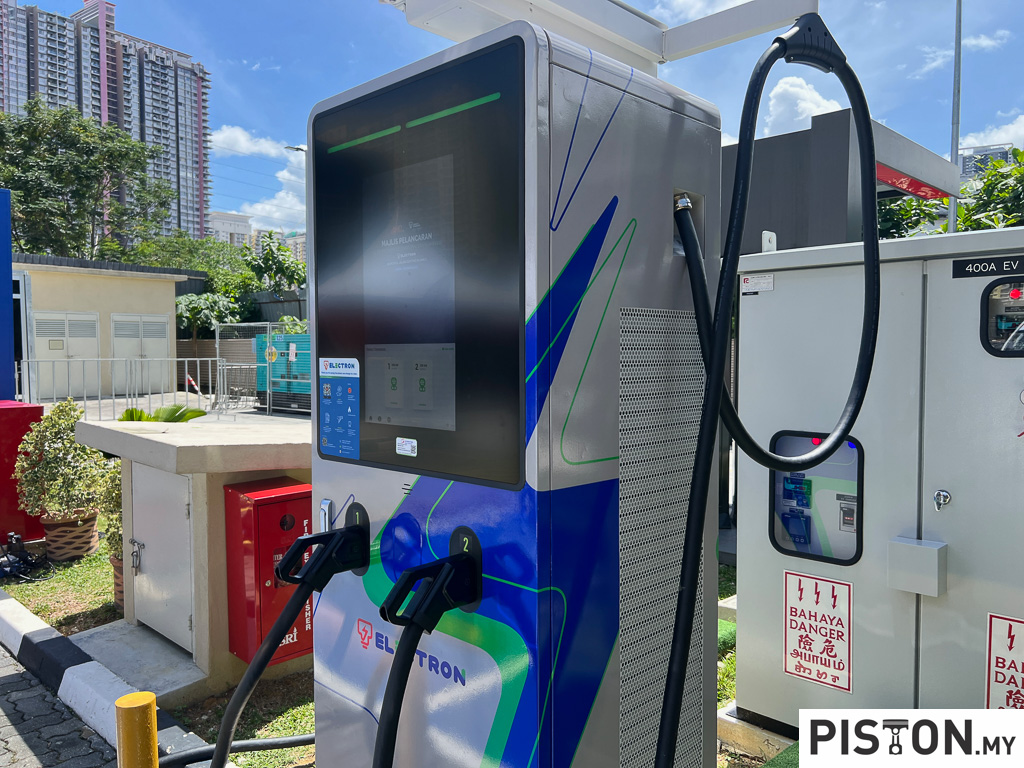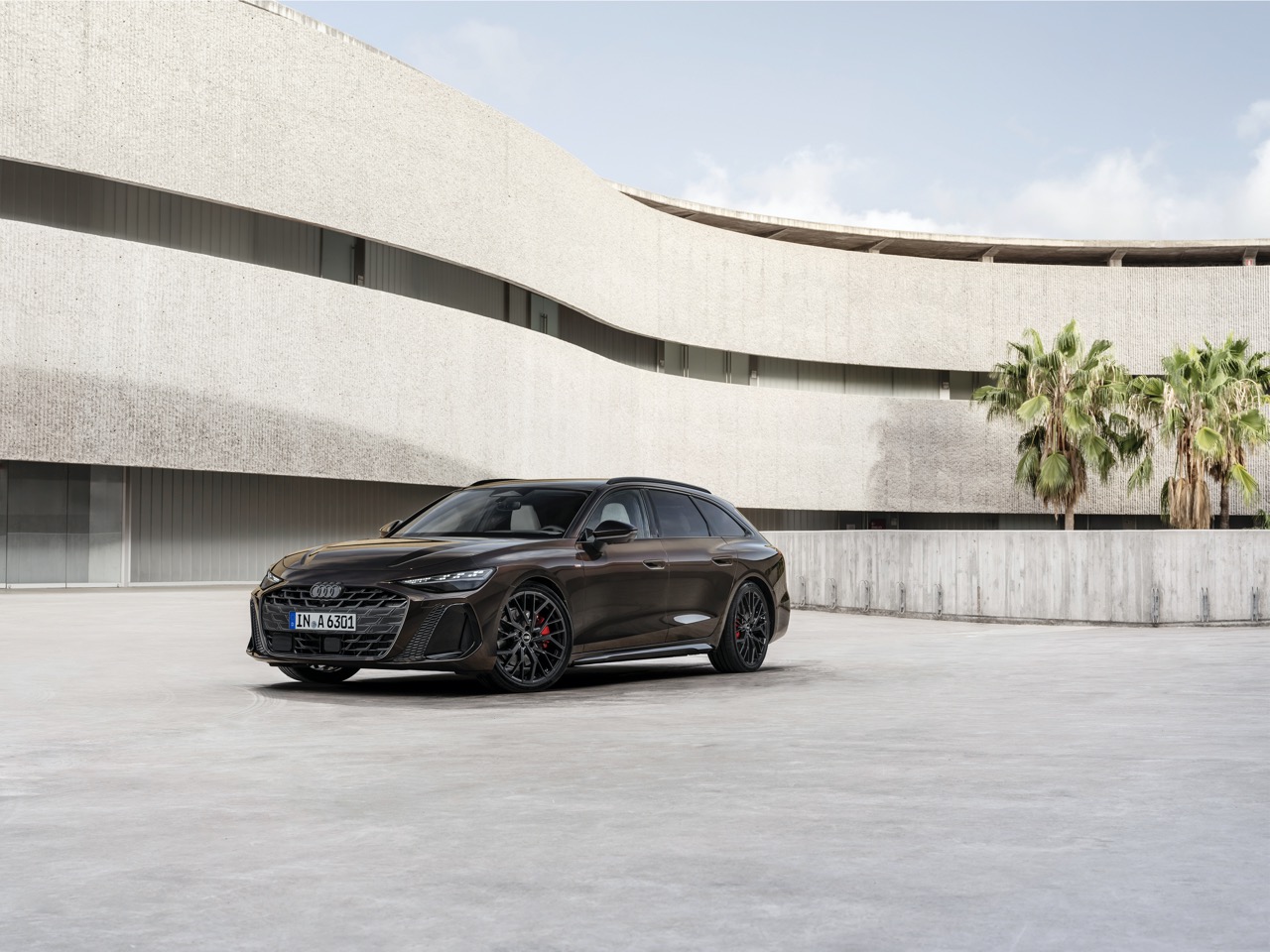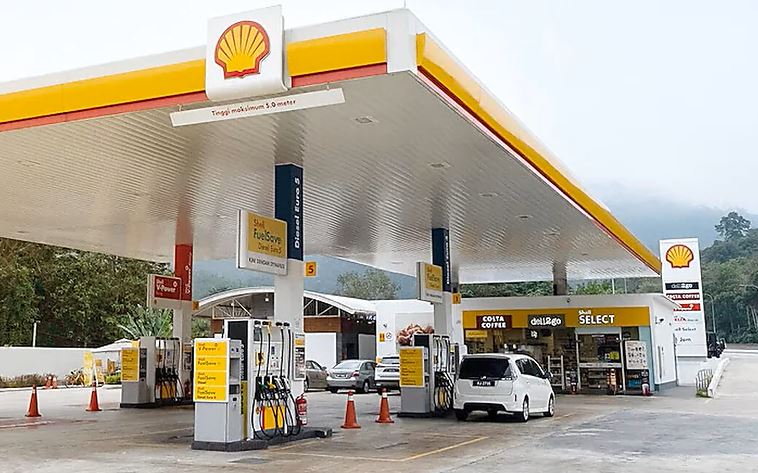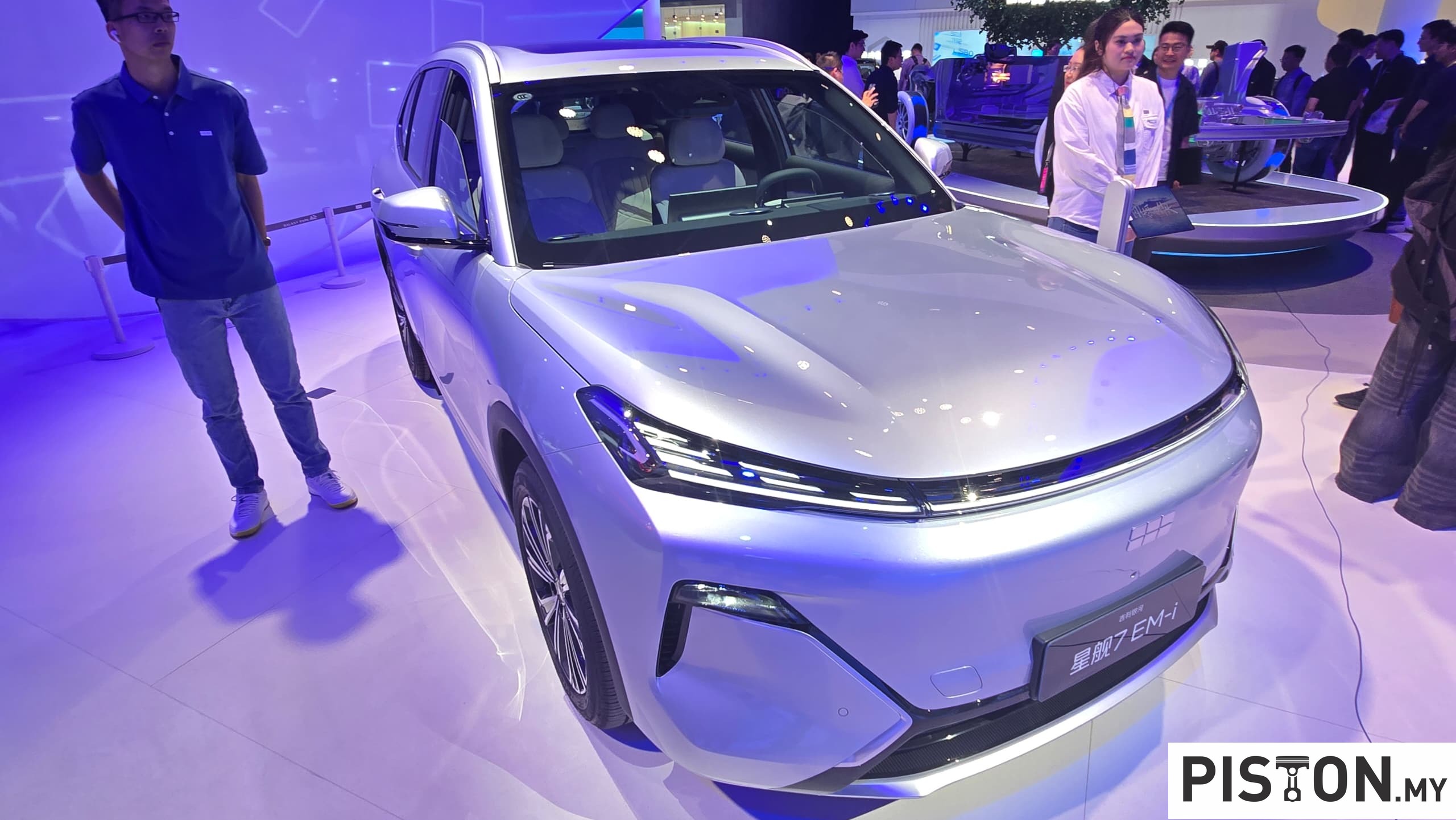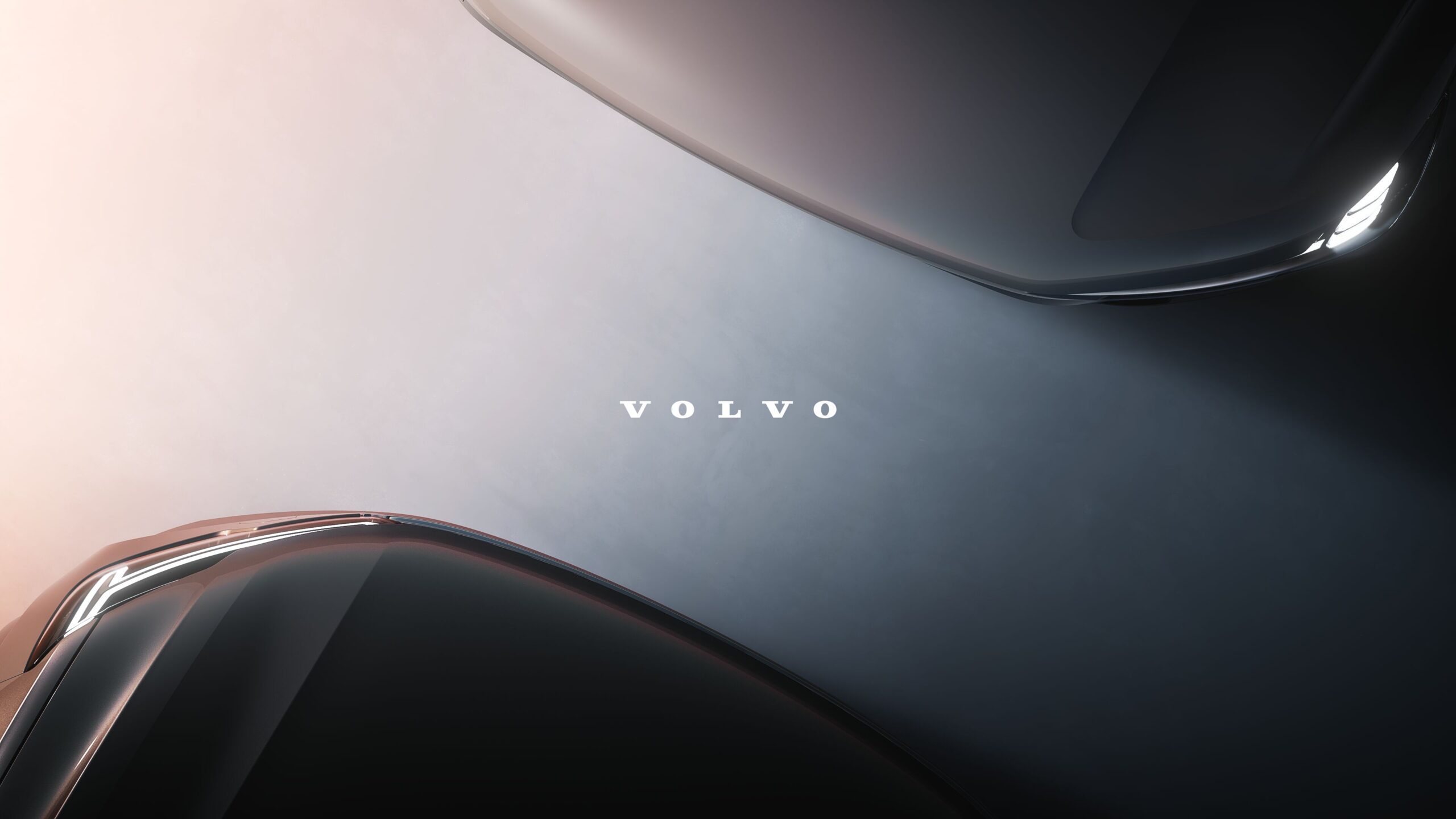The auto industry is going through change, not only in the way its products are powered – electricity replacing fossil fuel – but even in the way it will do business in future. Where a carmaker just developed, designed and manufactured cars, its role is now expanding to services beyond cars. It has to offer new ways for people and goods to move around, either with or without a car.
‘Mobility’ is the catchword, and encompasses many different facets of transportation which the auto industry has long served with motor vehicles. A number of companies have even rebranded themselves as ‘mobility services’ companies rather than just car companies and at Groupe Renault, there’s a new business unit called Mobilize. It brings together activities in mobility, energy, and data-related solutions, while also helping to solve the major challenges faced by the automotive industry.
“We are very excited to embrace the disruption of the automotive world shifting from ownership to usage, whenever and wherever you need it. Beyond automotive, Mobilize will offer a wide array of innovative services in the mobility, energy and data fields. With a variety of partners, our goal is to maximize car usage with simplified, more sustainable and accessible mobility journeys for people and goods, while reducing the environmental impact,” explained Clotilde Delbos, CEO of the Mobilize Brand.
Mobilize will offer flexible mobility services for people and goods, adapted to evolving expectations and needs. It will address real-life issues and provide seamless solutions that are complementary to traditional models of car ownership. By promoting higher usage of goods through circular and sharing economies, Mobilize aims to help create a more sustainable future.
Existing infrastructure
There already exists an infrastructure of more than 6,000 Renault dealerships in Europe which, Mobilize can involve in its mission. Through this network, it will be able to offer mobility solutions for use, ranging from one minute to several years, in cities and towns throughout the region.
Purpose-designed vehicles
Mobilize has strong competitive advantages as it enters the mobility market leveraging Groupe Renault’s expertise in vehicle design and manufacturing, and EV-leadership. It can call on dedicated engineering and design teams and will propose a range of purpose-designed vehicles. Intended for heavy use, modular, robust and 100% electric, they will fulfil the most critical needs of new mobility: car sharing, ride-hailing, last mile delivery and on-demand transit.
Increased car usage
Mobilize leverages the Renault Software Factory, the Software Republique and partners to develop leading-edge algorithms and data processing software, allowing better prediction of user-side demand and better vehicle allocation. Mobilize aims to increase the rate of car use by at least 20%.
Maintenance and recycling services
When vehicles are no longer fit for use, they will be taken care of by maintenance and recycling services at the Renault Re-Factory. When batteries of electric vehicles are no longer fit for automotive use, Mobilize will recycle them, giving them a second life as a stationary energy source.
The Mobilize EZ-1 Prototype
The EZ-1 Prototype is an emblematic vehicle of the Mobilize brand. It embodies the brand’s design vision: service at the heart of vehicle design. This prototype is a new urban mobility solution that is designed for shared use. Users will only pay for what they use, in terms of drive-time or mileage. The vehicle is connected and has keyless access, and interacts with users via their smartphone.
The compact electric vehicle can accommodate 2 people within its 2.3-metre long body that creates a minimal footprint. Top-to-bottom glass doors give the EZ-1 Prototype users an unhindered view on the surrounding urban landscape which it can blend into.
Features include an innovative battery exchange system, an alternative to the traditional charging infrastructure means the vehicle can be used non-stop. It is built according to circular economy principles., made with 50% recycled materials. It will be 95% recyclable at the end of its life cycle thanks to the Flins Re-Factory.




